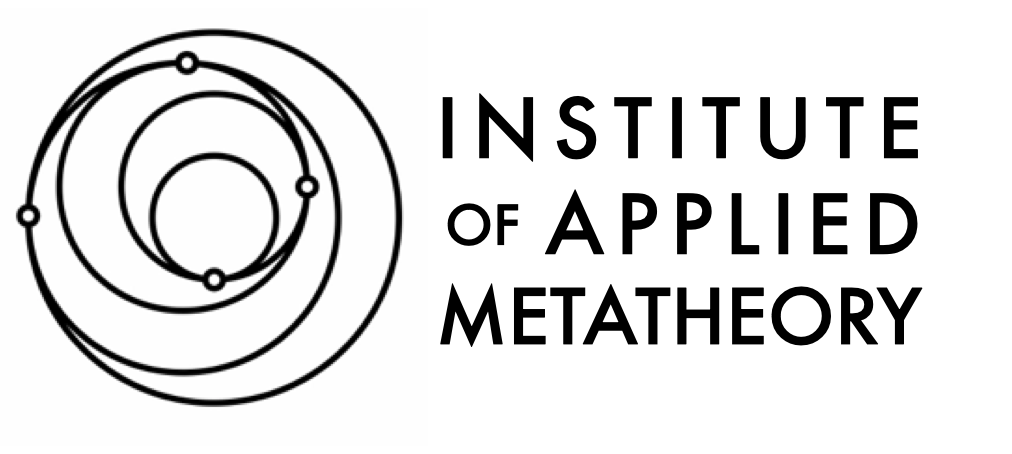Executive Summary
This project will provide a first-of-its-kind analysis of the cultural complexification of meaning systems through time. Employing a Cultural Complexity Index (CCI), we aim to establish a clear correlation between social-organizational and cultural-conceptual complexity, which we will use to assess the progressive development of meaning systems and collective representations regarding matters of “ultimate concern.” Using a computerized scoring system trained on over 50,000 texts, we will score an extensive and representative sample of religious, philosophical, and scientific works from across the human cultural record to offer the first comprehensive quantitative model for the complexification of meaning systems (worldviews) as they have evolved from forager to agricultural, traditional, modern, and postmodern cultural logics. Our extensive analysis of this data will begin to illuminate longstanding speculations about the nature of cultural development in general and religious development in particular by providing the first quantitative analysis of 5,000 years of existential psycho-cultural learning. This pioneering research could transform our understanding of cultural evolution, offering unprecedented insights into the development of meaning and worldview throughout history.
Approach
The Cultural Complexity Index (CCI) project aims to address this critical gap by generating the first comprehensive, quantitative data on cultural complexification. Our approach leverages the Computerized Lectical Assessment System (CLAS), an advanced electronic scoring system trained on a vast databank of over 50,000 scored texts and continually calibrated by human scorers.
We will subject a wide variety of materials from across the span of human cultural evolution to an automated scoring of their hierarchical complexity. This neo-Piagetian metric provides a robust assessment of the semantic complexity of texts, allowing us to track the evolution of cultural complexity over time and across different societies.
Our research will encompass diverse cultural artifacts, including religious texts, philosophical treatises, legal documents, literature, and other significant cultural expressions. By analyzing materials from various cultures and historical periods, we aim to create a comprehensive picture of diachronic, global, cultural-memetic complexification.
The project will produce multiple academic papers reporting the findings and trends that emerge from these assessments, which we aim to publish in top-tier academic journals. Additionally, we will synthesize this research into a comprehensive book, provisionally titled The Evolution of Meaning: Value, Learning, and the Sacred in a Complexifying Universe, presenting a holistic vision of cultural evolution within the broader narrative of cosmic complexification.
To make this research accessible and impactful beyond academia, we will develop a compelling public-facing website. This platform will visualize the data, share findings and implications, and make a strong case for the quantifiable evolution of consciousness and culture throughout human history.
Transformational Thesis
Our transformational thesis posits that by providing robust, quantifiable data on cultural complexification, we can help catalyze a paradigm shift in how cultural evolution is understood and valued across academic disciplines and beyond. This shift is crucial for developing more sophisticated, integrative approaches to addressing the complex challenges of our time.
By moving theories of cultural evolution from speculative sociology to quantifiable social science, we aim to legitimize and advance more complex, integrative perspectives. This will challenge the limitations of postmodern relativism while acknowledging its insights, paving the way for a more nuanced, hierarchically complex understanding of cultural development.
We believe that this paradigm shift will enable a more comprehensive understanding of how cultural systems evolve and interrelate, leading to the development of more effective strategies for addressing complex global challenges. It will foster a renewed appreciation for the role of meaning, value, and cultural learning in societal progress, enhancing our ability to coordinate diverse perspectives into higher-order frameworks while avoiding the pitfalls of positivist absolutism and self-defeating nihilism.
This new approach will allow for more nuanced engagement with cultural differences, recognizing both uniqueness and common developmental patterns. By providing a quantifiable basis for cultural complexification in terms of learning, we aim to bridge the gap between physical, biological, cognitive, and cultural evolutionary theories, contributing to a more holistic understanding of cosmic complexification.
Ultimately, this transformational thesis seeks to equip humanity with the conceptual tools necessary to navigate the intricate cultural landscape of our rapidly changing world, fostering more adaptive, resilient, compassionate, and wise approaches to our shared challenges.
What’s at Stake
The stakes of this project are profound and far-reaching. At its core, what’s at stake is our collective ability to understand, navigate, and positively influence the complex cultural landscape of our rapidly shifting world.
If we fail to develop more comprehensive, integrative perspectives on cultural evolution, we risk perpetuating the social fragmentation and political polarization that currently plague our societies. Our responses to global challenges may remain ineffective due to an inadequate understanding of their cultural dimensions and complexities. We may continue to see the perpetuation of nihilistic and narcissistic cultural trends that undermine social cohesion and collective problem-solving abilities.
Furthermore, without a robust framework for understanding cultural complexification, we risk missing crucial opportunities for cultural learning and development that could enhance our collective capacity to address complex issues. We may fail to fully leverage the wisdom and insights from diverse cultural traditions in addressing contemporary challenges, leaving us ill-equipped to face the unprecedented problems of our time.
Conversely, the success of this project could provide a solid empirical foundation for more sophisticated theories of cultural evolution and development. This could inform more effective strategies for addressing complex global challenges by incorporating a deeper understanding of cultural dynamics. It could foster a more nuanced, integrative approach to cultural diversity that recognizes both unique contributions and common developmental patterns.
Such an understanding could support the development of educational and social systems that better facilitate individual and collective growth. Perhaps most importantly, it could contribute to a renewed sense of meaning and purpose in a complex, pluralistic world by illuminating the trajectory of cultural evolution.
Success Benchmarks
- Publication of multiple academic papers reporting findings and trends from the hierarchical complexity assessments in top-tier academic journals.
- Completion and publication of a comprehensive book synthesizing the research findings.
- Development of a compelling public-facing website for the CCI to visualize the data, share findings and implications, and make the case for a quantifiable evolution of culture and meaning-making through human history.
- Measurable shift in academic discourse towards more integrative, complexity-informed frameworks for understanding cultural evolution.
- Increased adoption of complexity-based approaches in addressing societal challenges.
Support Requests
- Collaboration with academics and institutions interested in cultural evolution and complexity studies.
- Assistance in disseminating research findings to both academic and general audiences.


